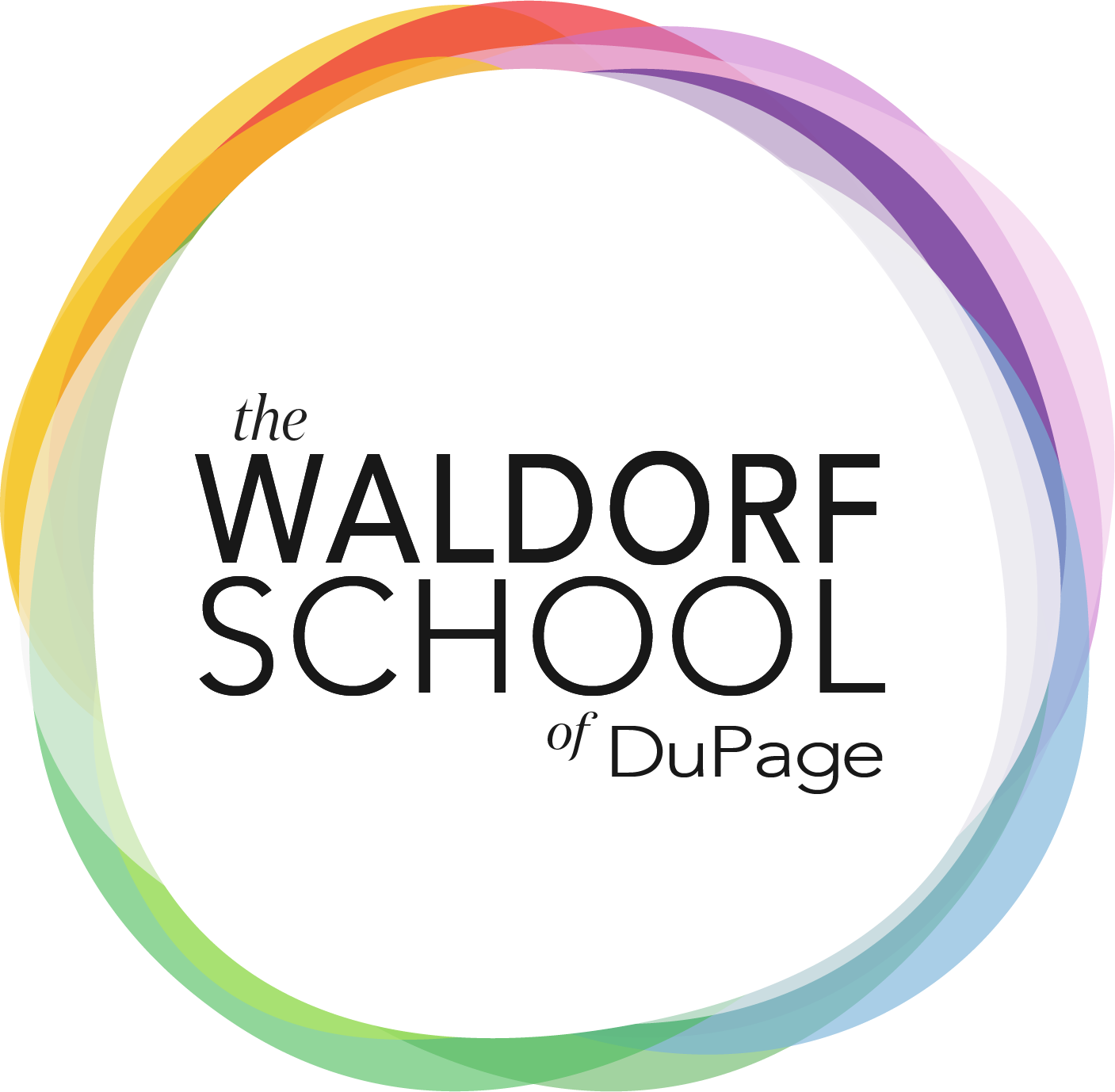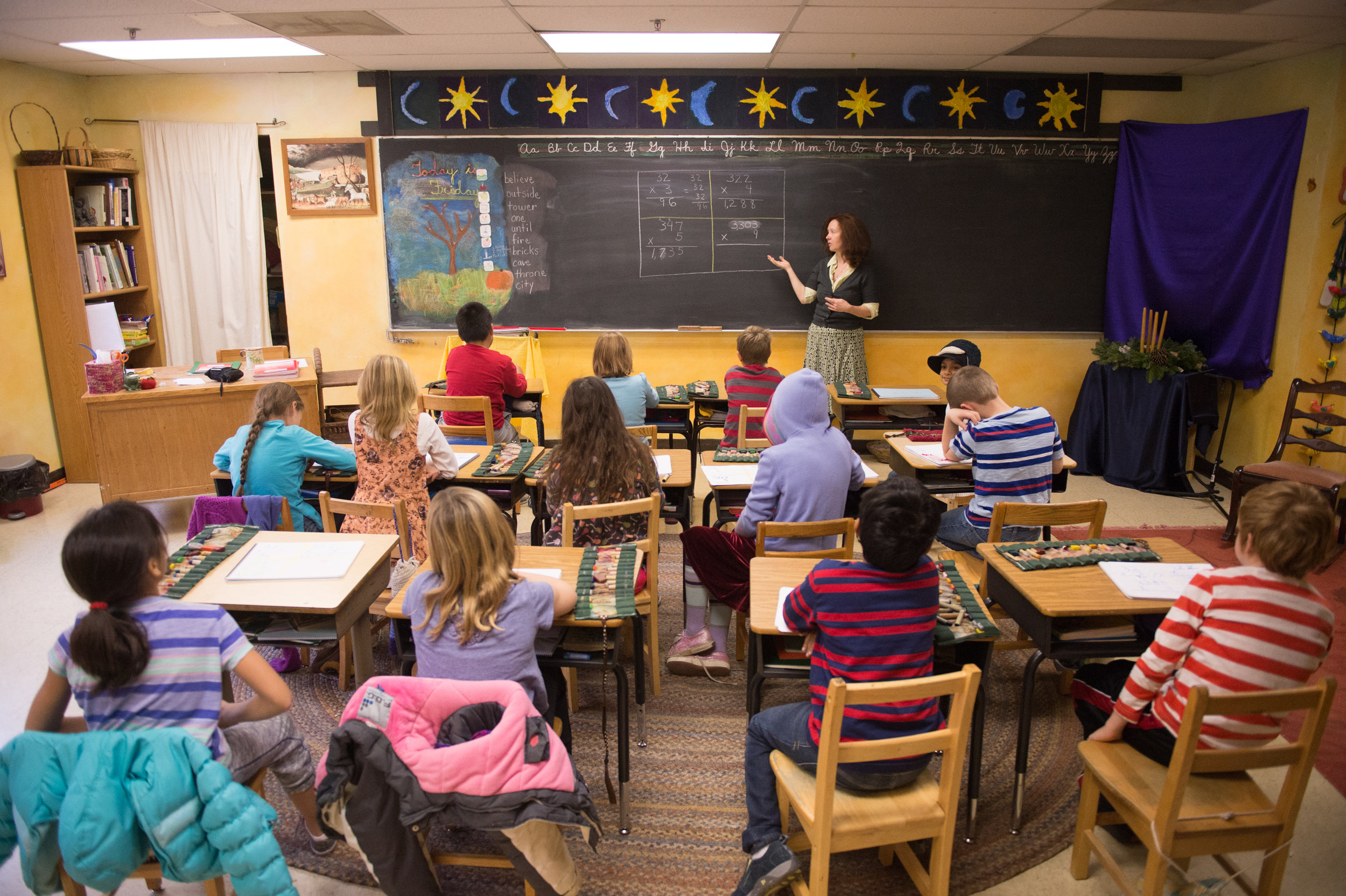The Waldorf elementary school offers an inspired approach to life-long learning. What sets the curriculum apart is not necessarily what is taught, but how it is taught. Teachers aim to present all subjects in a pictorial, imaginative way to stimulate students' feelings and interests. Every subject, whether mathematics, history, or physics, is learned artistically and practically so that the experience speaks to the whole child: the head, the heart, and the hands. Drawing, painting, movement, music, singing, recitation, and drama are not treated as supplements; rather, they are the actual methods by which each subject is taught. By interweaving traditional academic disciplines with artistic and practical activities, the school provides a broad and balanced educational experience and encourages the development of capable, multifaceted individuals.
Mathematics
Measurement, Time, Money, Long division and columnar multiplication
Sciences
Farm life, Food production, Habitat, Garden work
English & Grammar
Spelling, Sentence structure and punctuation writing, Speech work, Plays
Literature
Hebrew stories and other cultural stories and legends, Poetry, Reading
History
Hebrew stories as part of the Ancient Near East history
Geography
Shelter building: Tent, Igloo, Lake house, Modern home, Farming, Clothing, Habitat
World Language
Conversations, Time, Food, Basic grammar, Complex commands, Simple stories
Drawing
Four quadrant symmetry, Metamorphoses
Painting
Wet on wet nature paintings, Images from cultural stories, Farming, Shelters, Festivals
Modeling
Beeswax: Scenes from main lesson work
Handwork
Crochet: Chain, Single, Double, Seaming, Simple embroidery, Spinning
Movement Education
Ring games, Line games, Circus arts, Jump rope, Circle dances
Music
Diatonic flute, Octaves, Rounds, Basic notation, Rhythms

